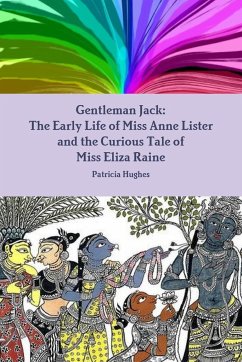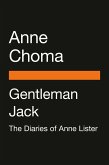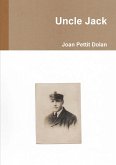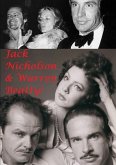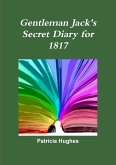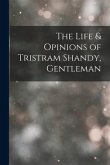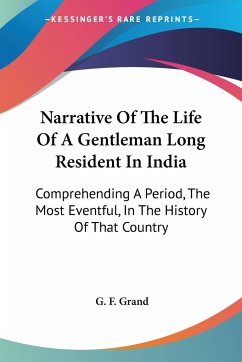From the multitude of papers collected and filed by Anne Lister come the diaries of herself and an Indian heiress, and their letters to each other, some in secret code. This is the first part of their story. As far as possible their own words have been used to tell their tale, and the letters and notes in secret code have been translated to give insight into their lives. This book reveals their young lives in early nineteenth century Yorkshire in northern England, during the start of the Industrial Revolution. The Bronte sisters lived nearby and used Anne Lister and Eliza Raine as characters in some of their novels
Hinweis: Dieser Artikel kann nur an eine deutsche Lieferadresse ausgeliefert werden.
Hinweis: Dieser Artikel kann nur an eine deutsche Lieferadresse ausgeliefert werden.

